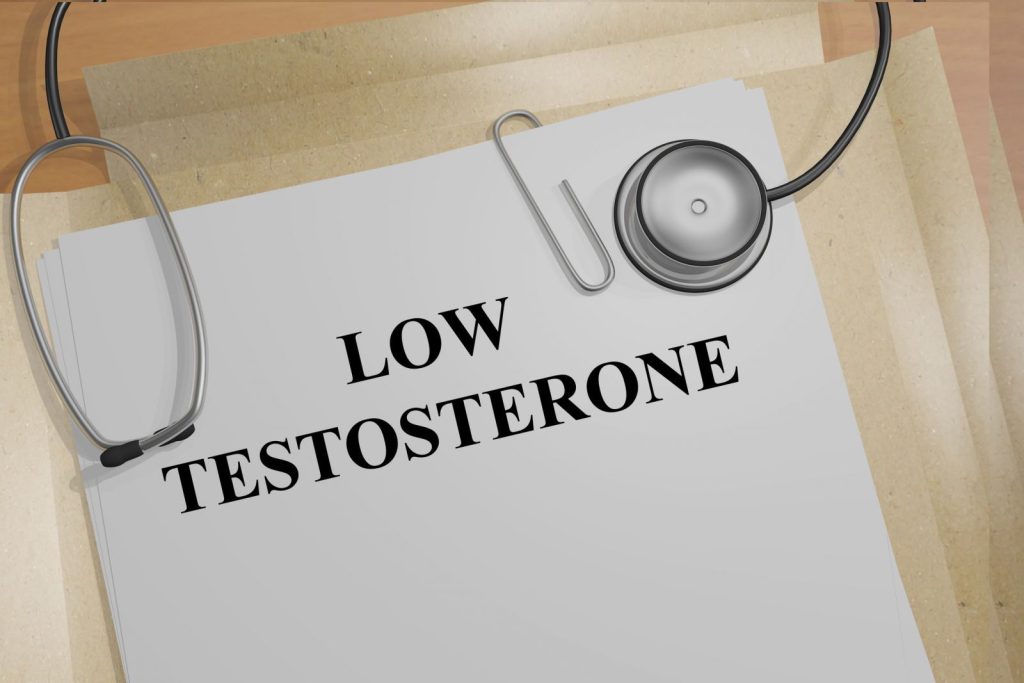Exhibitions International
All online events at one placeHere’s What You Need to Know About Low Testosterone
Wednesday , 29, March 2023 Health Comments Off on Here’s What You Need to Know About Low Testosterone Testosterone is a hormone that is primarily produced in the testes in men and the ovaries in women. It plays a vital role in the development and maintenance of male sexual characteristics, such as muscle mass and body hair. However, testosterone levels can decline over time, leading to a range of symptoms that can impact physical, sexual, and emotional health. These days, you can easily restore your hormone levels with treatment methods like testosterone replacement therapy and others. Here’s what you should know about low testosterone:
Testosterone is a hormone that is primarily produced in the testes in men and the ovaries in women. It plays a vital role in the development and maintenance of male sexual characteristics, such as muscle mass and body hair. However, testosterone levels can decline over time, leading to a range of symptoms that can impact physical, sexual, and emotional health. These days, you can easily restore your hormone levels with treatment methods like testosterone replacement therapy and others. Here’s what you should know about low testosterone:
Symptoms
Low testosterone, also known as hypogonadism, can cause a range of symptoms in men, including:
- Decreased sex drive
- Erectile dysfunction
- Fatigue
- Decreased muscle mass
- Increased body fat
- Decreased bone density
- Mood changes, such as depression and irritability
- Decreased cognitive function
It is important to note that many of these symptoms are also associated with other conditions, so it is important to speak with a healthcare provider to determine the underlying cause.
Causes
Low testosterone can be caused by a variety of factors, including:
- Aging: Testosterone levels naturally decline as men age, with levels typically starting to decline around age 30.
- Testicular injury or disease: Injuries to the testicles or diseases such as mumps can damage the testicles and decrease testosterone production.
- Hormonal disorders: Conditions such as pituitary gland or hypothalamus disorders can impact the production of testosterone.
- Medications: Certain medications, such as opioids, can decrease testosterone production.
- Obesity: Obesity can decrease testosterone levels due to increased levels of estrogen.
- Chronic illness: Chronic conditions such as HIV/AIDS or kidney disease can impact testosterone production.
Diagnosis
Diagnosing low testosterone typically involves a physical exam and blood tests to measure testosterone levels. If levels are found to be low, further testing may be done to determine the underlying cause.
Treatment
Treatment for low testosterone depends on the underlying cause and the severity of symptoms. In cases where low testosterone is caused by a medical condition or medication, treating the underlying cause or switching to a different medication may be enough to increase testosterone levels. In other cases, testosterone replacement therapy (TRT) may be recommended.
TRT involves replacing testosterone through injections, gels, patches, or pellets. TRT can improve symptoms such as low sex drive, erectile dysfunction, and fatigue, and can also increase muscle mass and bone density. However, TRT can also have potential side effects, such as acne, breast enlargement, and an increased risk of blood clots and prostate cancer. It is important to discuss the potential risks and benefits of TRT with a healthcare provider before starting treatment.
Prevention
While testosterone levels naturally decline with age, there are some steps that can be taken to maintain healthy testosterone levels. These include:
- Maintaining a healthy weight: Obesity can decrease testosterone levels, so maintaining a healthy weight through diet and exercise can help keep levels in a healthy range.
- Getting enough sleep: Lack of sleep can impact testosterone production, so getting adequate sleep each night is important.
- Managing stress: Chronic stress can decrease testosterone levels, so finding ways to manage stress such as meditation, exercise, or therapy can help maintain healthy levels.
- Eating a healthy diet: A diet rich in whole foods such as fruits, vegetables, and lean protein can help maintain healthy testosterone levels.
In conclusion, low testosterone can cause a range of symptoms that can impact physical, sexual, and emotional health. Understanding the causes and symptoms of low testosterone, as well as potential treatment options, can help men make informed decisions about their health. By maintaining a healthy weight, getting enough sleep, managing stress, and eating a healthy diet, men can also take steps to prevent low testosterone and maintain healthy levels as they age.